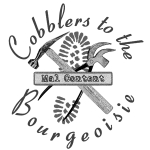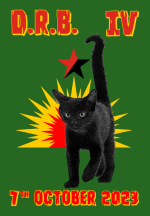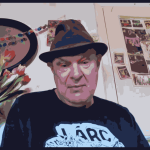We’re now full up, and have something for everyone.
Meetings will be held on the raised area adjacent to the cafe bar so you can get food and drink but please keep noise down. Hosts please allow a couple of minutes for changeover and guests please take seats and vacate promptly. Thanks
12:00 ~ 13:00
Confessions Of a Non-violent Revolutionary: Bean Stew, Blisters, Blockades and Benders. The True Story of a Peace Activist in Thatcher’s Britain by Chris Savory. Workshop hosted by the author.
Radical movements and protests tend to come in waves, with enough time in between for people to forget about the previous ones. This workshop will explore what lessons can be learned from Non-Violent Direct Actions (NVDA) in the recent past, with particular emphasis on the 1980s and my personal experience, but hopefully including participants experience of other times. This has particular relevance given the recent re-appraisal of direct action tactics by XR.
13:00 ~14:00
Avoiding the infinite waiting list: Workshop hosted by Barley.
The bleak state of trans healthcare in the UK can make transition feel unattainable. Supporting each other must consist of more than listening as our friends and comrades complain that their lives are being put on hold. There are options beyond the GIC, with their waiting lists stretching out towards the heat death of the universe, and it is up to us to share our knowledge and build the future we want for trans folks.
Despite all the boundaries in our way, we will live our lives authentically as the people we are.
14:00 ~ 15:00
The Idea – a new book by Nick Heath. Presentation by the author:
Nick Heath’s book on anarchist communism is the first such comprehensive work on the subject. Anarchist communism often hides in the shadows in the general works on anarchism available, only clearly emerging when the ideas of Kropotkin, Reclus and Malatesta are discussed. This book seeks to rectify all of that. He asserts that the revolutionary core of anarchism has been obscured by what are essentially bourgeois histories which pursue an eclectic approach which encompass many ideas, philosophers and movements. In an exhaustive number of chapters on different anarchist movements in many countries, Heath reveals that that anarchist communism had a preponderant hold within those movements, as in France, Italy, Bulgaria, Russia, Latin America, China and Japan; and that indeed it is the dominant current within anarchism.
15:00 ~ 16:00
“I fear there will be blood spilt this evening”: The 1831 reform riots in Dorset. Hosted by Roger Ball (BRHG).
In October 1831, the defeat of the Second Reform Bill in the House of Lords led to a wave of pro-reform public protests and disturbances across Britain. Concurrently in Dorset, a microcosm of the national struggle over electoral reform was being fought out in a county by-election which posed Lord Ashley an anti-reformer against the pro-reform candidate William Ponsonby. In the aftermath of Ashley’s controversial victory, a series of riots began, first in Dorchester followed by Poole, Blandford, and Sherborne in Dorset and Yeovil in Somerset and led to pitched battles with the Yeomanry and Dragoon Guards.
This talk examines behavioural patterns in case studies of the latter three events with particular emphasis on the targets of the rioters, who the rioters were and their interactions with the authorities. From this evidence an attempt will be made to understand the motivations of the rioters, the majority of whom were not going to be enfranchised by the Great Reform Act of the following year.
16:00 ~ 17:00
Fighting Women – a book by Isabella Lorusso.Presentation by the author:
For 17 years Isabella Lorusso travelled through Spain talking to women who put their lives on the line to fight fascism – and, too often on a second front, confronting men whose commitment to liberation stopped at their own front door. Lorusso’s work is both a tribute and a social history for those women of the 1930s whose actions and visions of the future continue to inspire and inform today. Come and meet Isabella talking about her book and other projects she has been involved in.
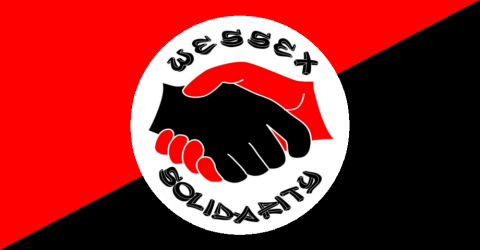
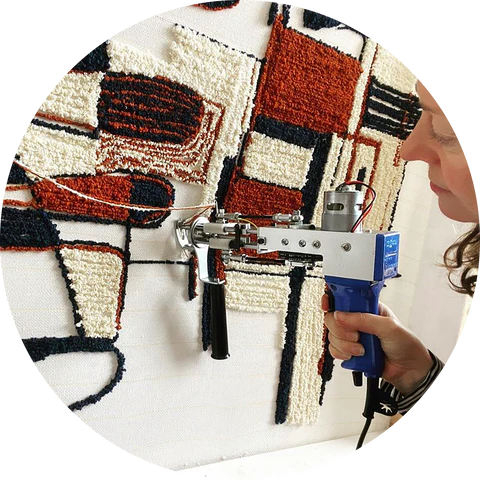
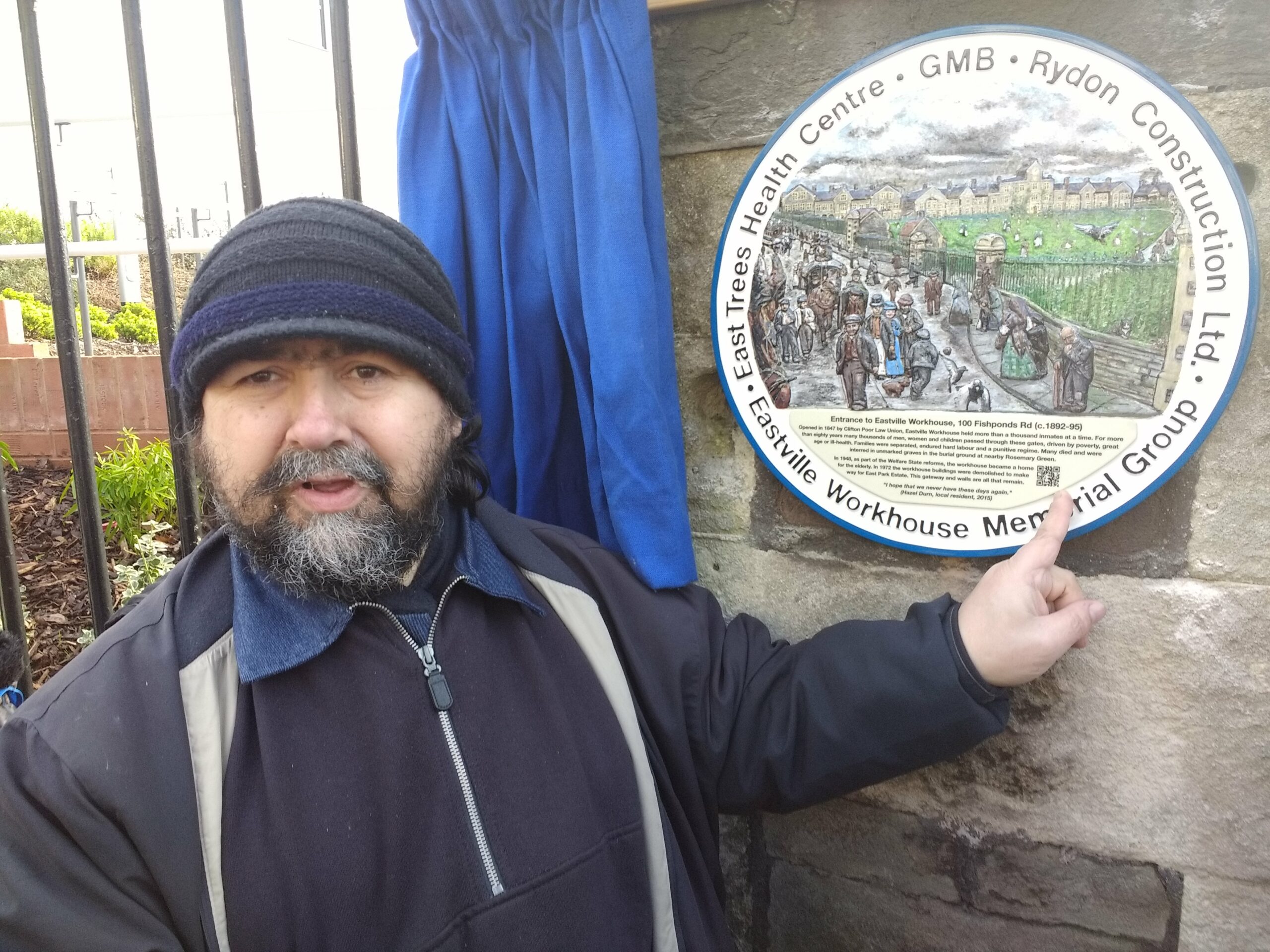
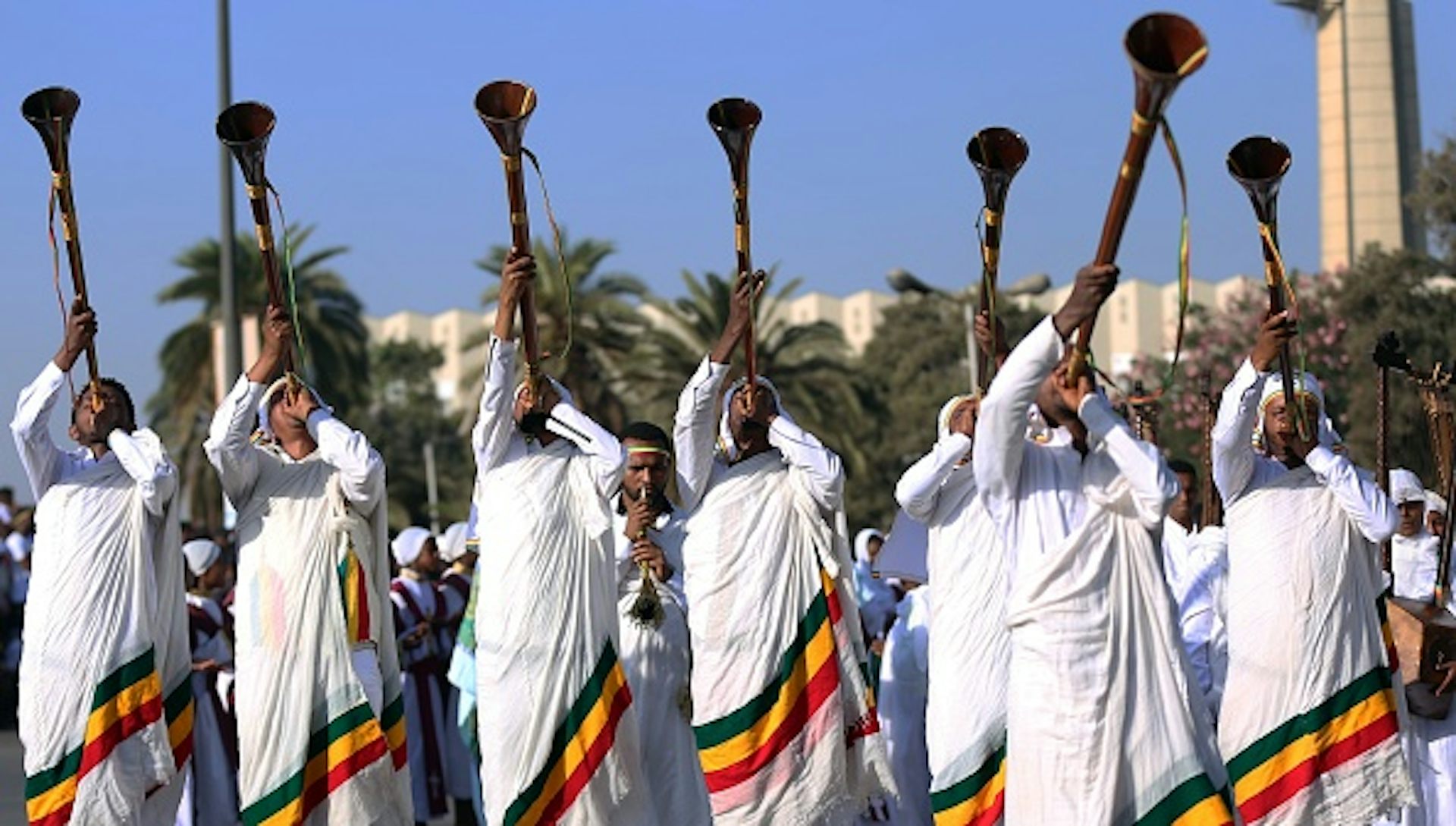

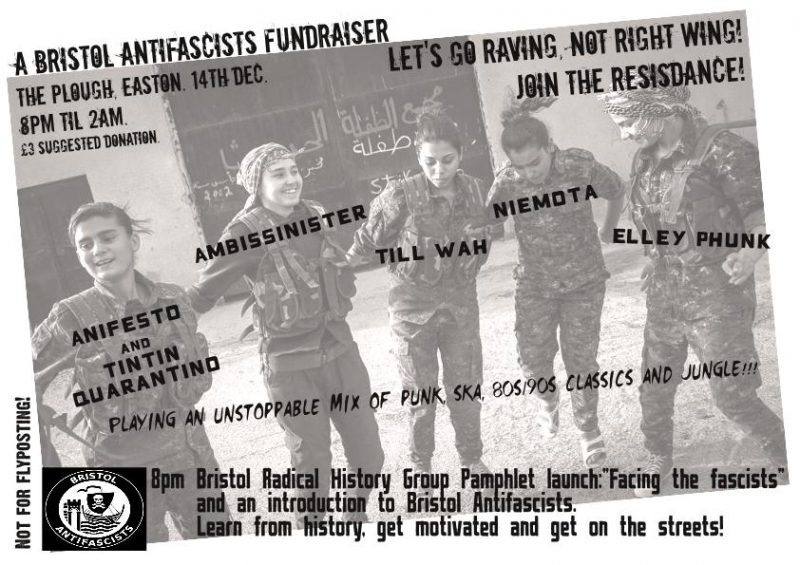
 At the start of World War One Bridport was essentially a one industry town: rope and net making. The war brought opportunities to the town but also challenged paternalist employers with a revival of trade unionism and state pressure to improve low wages. With the Armistice, the sense of a collective national interest on the home front began to ebb away revealing long-standing as well as new tensions in the town. This talk explores the origins of these tensions in the war years and the range of ways in which they were expressed in the town in 1919, including soldiers’ protests and industrial strikes as well as a range of new political organisations in the town. Bridport was hardly a ‘red’ town and even with the new electorate of 1918 continued to return a Tory to Parliament as it still does. Yet the winding down of the WW1 home front revealed fracture lines which would mark the community as it struggled to build the Peace in unpredictable and challenging times.
At the start of World War One Bridport was essentially a one industry town: rope and net making. The war brought opportunities to the town but also challenged paternalist employers with a revival of trade unionism and state pressure to improve low wages. With the Armistice, the sense of a collective national interest on the home front began to ebb away revealing long-standing as well as new tensions in the town. This talk explores the origins of these tensions in the war years and the range of ways in which they were expressed in the town in 1919, including soldiers’ protests and industrial strikes as well as a range of new political organisations in the town. Bridport was hardly a ‘red’ town and even with the new electorate of 1918 continued to return a Tory to Parliament as it still does. Yet the winding down of the WW1 home front revealed fracture lines which would mark the community as it struggled to build the Peace in unpredictable and challenging times.
